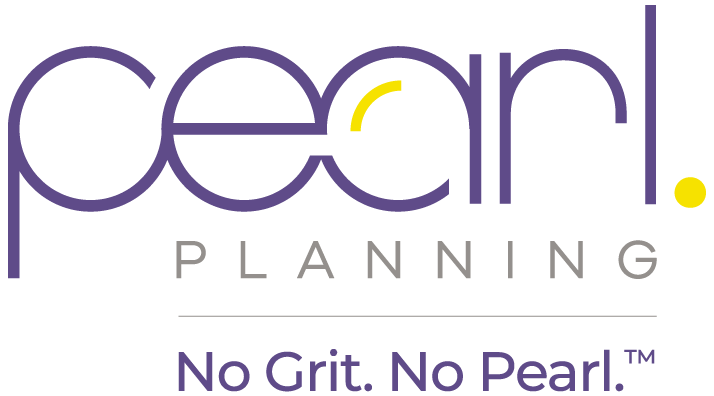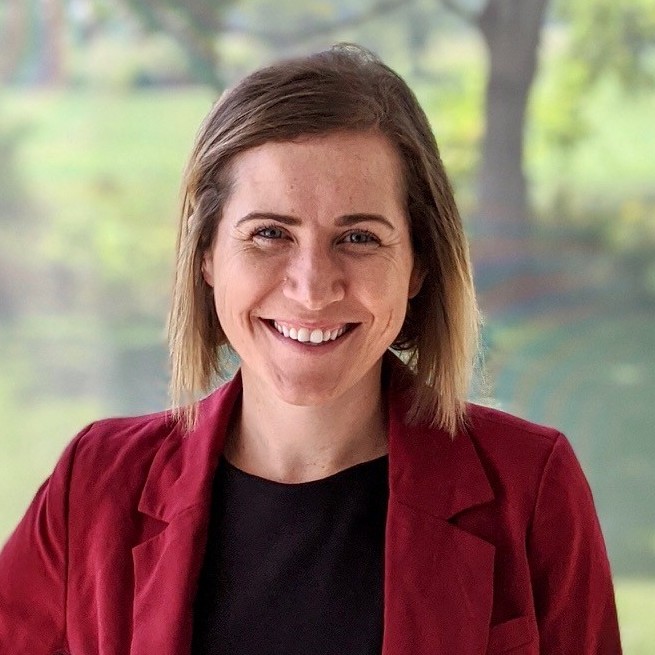Mortgage rates have hit historic lows and many people are taking advantage of this by refinancing. If you are looking to decrease your monthly mortgage payment or reduce your interest expenses over the life of your loan, refinancing may be the answer. See if you should consider refinancing, what the benefits are, and what you need to look out for when refinancing.
Who should consider it?
- People with over 20% equity in their home. If you have less than 20% equity, your loan may be subject to PMI (Private Mortgage Insurance).
- People with a good to excellent or recently improved credit score.
- People planning to remain in their home for at least a few years.
- People with a 30-year mortgage interest rate .75% higher than the current refinance rates. Example: Your current rate is 4.00% and you could refinance at 3.25%.
What are the benefits?
- Locking in a lower interest rate could lower your monthly mortgage payments. You also have the option of keeping your current payoff period or extending it, which might further lower the monthly payments (by increasing the loan duration). Having the additional monthly cash flow can be extremely helpful in paying down higher interest debt, setting up an emergency fund or saving for retirement.
- An alternative to keeping or extending your payoff period is to shorten yours. If your current mortgage payments are comfortable you can look at refinancing your 30-year mortgage into a 15-year mortgage. By making the switch you would be paying your mortgage off quicker and saving money in interest over the life of the loan. 15-year mortgages tend to have lower interest rates than 30-year mortgages.
- Refinancing can help you get rid of PMI quicker. You can request to cancel PMI once your loan balance hits 80% of the original home value and it is automatically canceled when it hits 78%. The additional savings comes into play if your home has appreciated in value faster than you have been paying down the loan. In this situation the only way to take advantage of the difference is to refinance.
What do I need to look out for?
- Closing costs on a refinance typically run between $1,000-$7,000 (these are constantly changing and dependent on the size of house, type of loan, etc). This cost can typically be rolled into your new mortgage but needs to be considered relative to the potential savings. This is especially important to evaluate if you have plans to move in the next few years.
- Not considering the long-term effects of extending the term. If you refinance your mortgage and opt for a longer term (ie selecting a new 30-year mortgage instead of continuing on your current payoff period) your monthly payments may look substantially lower, but your lifetime costs may end up being higher.
- Low rates mean more people are trying to refinance, so the process may take longer than you expect or are used to.
- The Adverse Market Refinance Fee, set to go into effect December 1, 2020, will add .5% charge on almost all refinances. Lenders are responsible for the fee but will likely be passing it on to the applicants. With the low rates, it may still be advantageous to refinance even with the .5% charge.
Refinancing can be a great tool to free up monthly cash flow or save you money in interest expenses over the long-term. It is not for everyone and the benefits need to be weighed against the costs. Check out our refinancing resource guide or reach out to our office with any specific questions.


